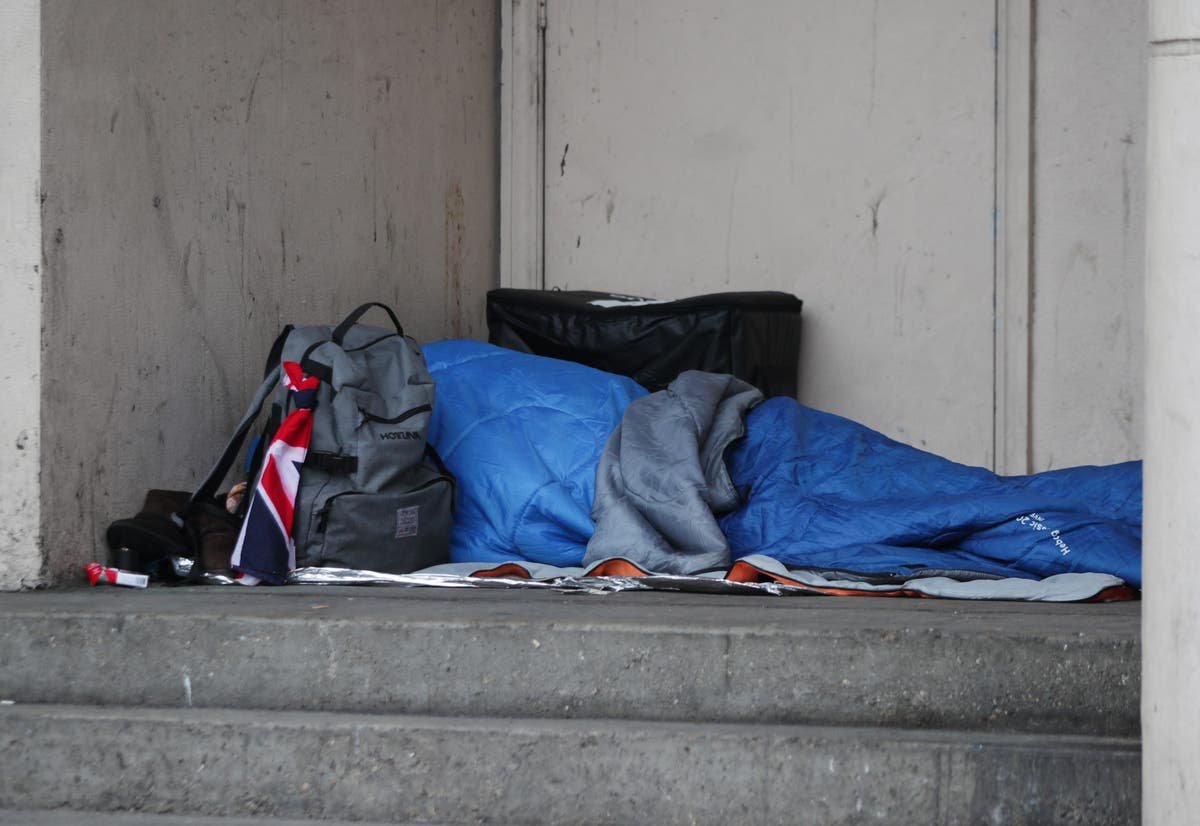Support truly
independent journalism
Our mission is to deliver unbiased, fact-based reporting that holds power to account and exposes the truth.
Whether $5 or $50, every contribution counts.
Support us to deliver journalism without an agenda.

Homelessness among Black people in London has surged in the past year, according to figures from a leading youth charity.
Figures from New Horizon Youth Centre reveal that the number of service users from Black communities is at its highest in four years and, currently, half of the people approaching them for support are Black (55 per cent).
This figure is disproportionate given that Black people account for 13.5 per cent of London’s population.
The charity, which supports over a thousand young people aged 16-24 who are homeless or at risk of homelessness, is warning that racism within the housing sector and broader systemic inequalities are to blame for these disparities.
Meghan Roach, Director of Operations at New Horizon Youth Centre said: “At our day centre and out in the community, we see firsthand how personal and institutional racism affects young Londoners, from dealing with councils, landlords and social care, to navigating job applications and the education system.
“This mirrors the statistics on racial disparity across the country, as it says in the report people from Black backgrounds are more than 3 times as likely to experience homelessness.
“Young Black people are too often let down by and excluded from services. It is devastating, but unfortunately not surprising that Black people are massively overrepresented in homelessness.”
In 2021, some 44 per cent of New Horizon’s service users were Black, the charity’s data indicates.
This number rose to 46 per cent in 2022 and 55 per cent last year.
Racial disparities in homelessness within the capital reflect the national picture.
Across England and Wales, Black people are three times more likely to be homeless than white people and this figure has remained the same since 2020.
Ms Roach added: “Understanding these experiences by listening to young people is the first step to create the change that we need to see to give every young Londoner a home.”
The charity is also warning that wider systemic barriers for Black people are fuelling homelessness and this needs to be tackled.
Moreover, homelessness is a consequence of the adultification of Black children and young people who are disproportionately denied or left out of services because it’s assumed they don’t need same support.
This comes as a new study by Heriot-Watt University, Young Black People’s Experiences of Homelessness in London, published today, highlights how young Black people experience homelessness, and how their sense of belonging is affected by what they go through.
The study, first seen by The Independent, makes a series of recommendations including greater resources for mental health support, substance abuse treatment, educational and employment assistance, and other wraparound services tailored to the full needs of young Black individuals.
People from Black, Asian and Minority Ethnic communities become homeless or threatened with homelessness every eight minutes, according to homeless charity Shelter.
Rough sleeping is also generally on the rise, figures from the Combined Homelessness and Information Network (CHAIN), which is commissioned and funded by the Greater London Authority (GLA) and managed by Homeless Link, highlight.
The government has been approached for comment.

Felecia Phillips Ollie DD (h.c.) is the inspiring leader and founder of The Equality Network LLC (TEN). With a background in coaching, travel, and a career in news, Felecia brings a unique perspective to promoting diversity and inclusion. Holding a Bachelor’s Degree in English/Communications, she is passionate about creating a more inclusive future. From graduating from Mississippi Valley State University to leading initiatives like the Washington State Department of Ecology’s Equal Employment Opportunity Program, Felecia is dedicated to making a positive impact. Join her journey on our blog as she shares insights and leads the charge for equity through The Equality Network.




